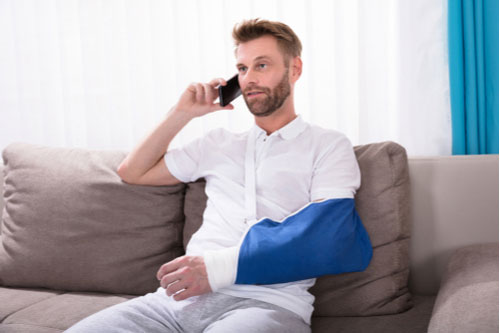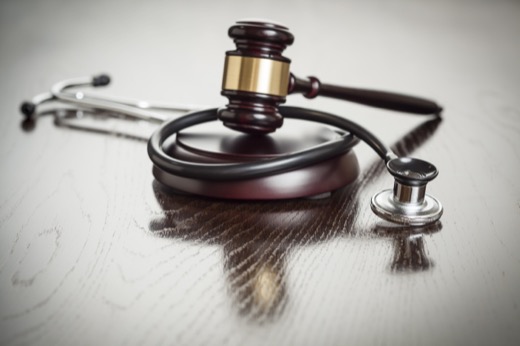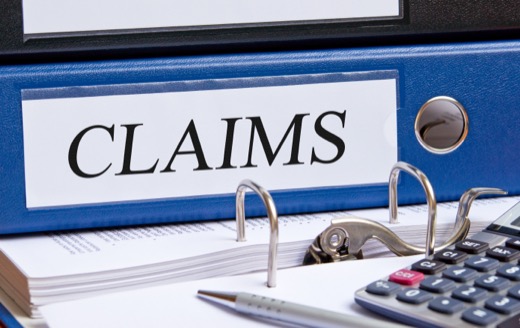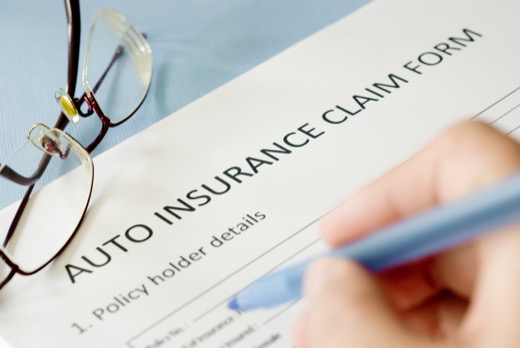
What Is Negligence In A Personal Injury Case?
All personal injury cases revolve around negligence, your goal in all such cases is to prove that some negligence was involved and that it lies with the liable party. But

All personal injury cases revolve around negligence, your goal in all such cases is to prove that some negligence was involved and that it lies with the liable party. But

One of the first things anybody should do following a car accident is call the police. Not only will they send an officer to the scene, but they’ll also make

Now that we’re moving into the end of fall and the beginning of winter, we’ll be dealing with inclement weather again. With winter comes snow, sleet, and ice. When you

Insurance is necessary if driving a car. We’ve all loaned our car to someone at some point in our lives. Maybe your son or daughter needs to borrow your car

A car accident can be traumatic. It is easy to forget your rights while dealing with the injuries and stress caused by the accident. It is also possible to forget your rights

The choice of the best Atlanta car accident lawyer can be likened to choosing a doctor. While you want someone who is knowledgeable about the law, you also want someone

You’ve probably been in a car accident and know how easy it can be to forget all the information you have learned about how to respond. It is important to

In all tort matters, an injured party must allege wrongdoing as a basis for recovery. In personal injury cases, an allegation of negligence is sufficient to show wrongdoing. In order

Texting and driving is a topic constantly discussed in Georgia and across the nation. In 2013, distracted driving caused 10 percent of fatal crashes and 16 percent of car accidents

You have suffered an injury at work through no negligent or malicious fault of your own. You have informed your employer of your injury, you have sought medical treatment and

Georgia Statute of Limitations: Protecting Your Legal Rights in Personal Injury and Criminal Cases Understanding Georgia’s statute of limitations is crucial when considering any type of legal action, whether involving

Victims injured in a car accident may suffer a wide variety of injuries, ranging from minor bruises to serious and life-changing spinal cord injuries. Oftentimes, car accident victims will need